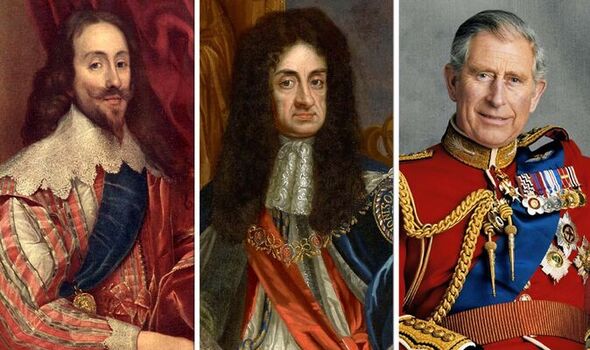
He said the word “service” ten times in a speech less than 1,000 words long, mixed with references to “duty”, “understanding”, “love”, and “faith”. King Charles III certainly seems to have motivation for the job of Head of The State, but what is really meant by his proclaimed unerring “service” to us? This blog considers two possible candidates for his idea of service, his charity work, and his political contribution.
Firstly, regarding his philanthropy, King Charles III certainly has never been shy of advertising it, with media photo-shoots abounding on the internet regarding his “Prince’s Trust” which, despite having controversially been partly funded by Al-Qaeda terrorist mastermind Osama Bin Laden, has helped people get back to work. Charles’s personal contribution to this fund has been around $4m per year, but he raises considerably more than this through his high profile. However, any assessment of the moral status of this philanthropy has to surely be weighted against how much money he creams from the public. If a school bully steals your bag of crisps but throws one on the ground for you to eat, that is not technically a moral act by standard understandings of morality. If it is not moral, is it really a service?
As a Prince, Charles’s disposable income stood at around $100m. This is set to leap to $600m now he is King, and charity work is to be scaled back now he has less free time. His assets as Prince were worth over £1bn, owning the Duchy of Cornwall. However, he was not allowed to sell these lands, only derive an income from them. Through renting, this land baron derived an income of $30m per year, and the $4m he donated to charity was derived from that. In addition he received a sovereignty grant of $2m per year. Forbes magazine reports:
Now 72, Prince Charles has the second-biggest operation within the royal family. As the Duke of Cornwall, Charles gets an income from the Duchy of Cornwall in addition to what he already receives from the Sovereign Grant. The Duchy was founded in the 14th century by Edward III to keep his first-born son occupied (and flush) while waiting to become king. Nowadays, the Duchy has a staff of 150 managing a portfolio of more than 130,000 acres of property across southwest England worth nearly $1.3 billion.
As with the Crown Estate, Prince Charles cannot sell the assets belonging to the Duchy, but he can earn money from them. By renting out property to retailers, farmers and residents, the Duchy brought in more than $50 million in revenue last year, $30 million of which went to the Prince of Wales and his descendants to support their respective staffs and operations. Even without the crown, the Duchy of Cornwall is far more lucrative for Charles than the Sovereign Grant, which paid him less than $2.5 million last year. Of that, $7.3 million funded the Prince’s 132 personal staffers, $6.75 million went to taxes and $4.4 million was dedicated to charitable activities, including the Prince’s Trust, Charles’ charity to help unemployed youth.
Of course, all this only means we should regard Charles’s charitable claims with a degree of skepticism. He is just an aristocrat, and this is their nature. It doesn’t make him public enemy #1, or anything. Charles’s net worth may certainly be over £1bn, but unelected Liz Truss’s Conservative Government is donating 100 times that to energy giants who really do dictate the course of a society experiencing climate crisis.
But will King Charles III be more meddlesome in politics than his predecessor, the late Betty Windsor? The Washington Post reports:
He has adopted some peculiar — and oddly specific — positions over the years, on topics like the best breeds of sheep and the importance of proper joinery carpentry. He also has big ideas about climate change, urban blight, organic farming and the dehumanizing nature of modern architecture.
In the 2018 BBC documentary, “Prince, Son And Heir: Charles At 70,” the future king is asked about accusations of meddling in public affairs. He replies: “Really? You don’t say.”
He explains: “I always wonder what meddling is, I mean, I always thought it was motivating.”
“But I’ve always been intrigued, if it’s meddling to worry about the inner cities as I did 40 years ago and what was happening or not happening there, the conditions in which people were living.”
He said, “If that’s meddling I’m very proud of it.”
Reaching for Shakespeare, and how young Prince Hal grew up to be Henry V, he told the documentarians: “I won’t be able to do the same things I’ve done, you know, as heir, so of course you operate within the constitutional parameters.”
Asked about fears that his involvement would continue in the same way, Charles said: “No, it won’t. I’m not that stupid, I do realize that it is a separate exercise, being sovereign.”
Charles will certainly have a retarding impact on the quest to create a new humanist republic, through his skills of bewildering bedazzlement and trickery. But he is not a despot who will rule with an iron fist, because the ability to enforce decisions in society does not reside with the monarchy. The man is a fool. But he is your Head of the State. Who’s more foolish, the fool, or the fool who follows him?